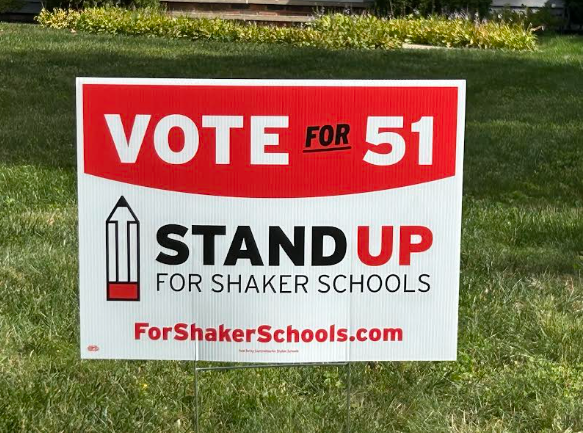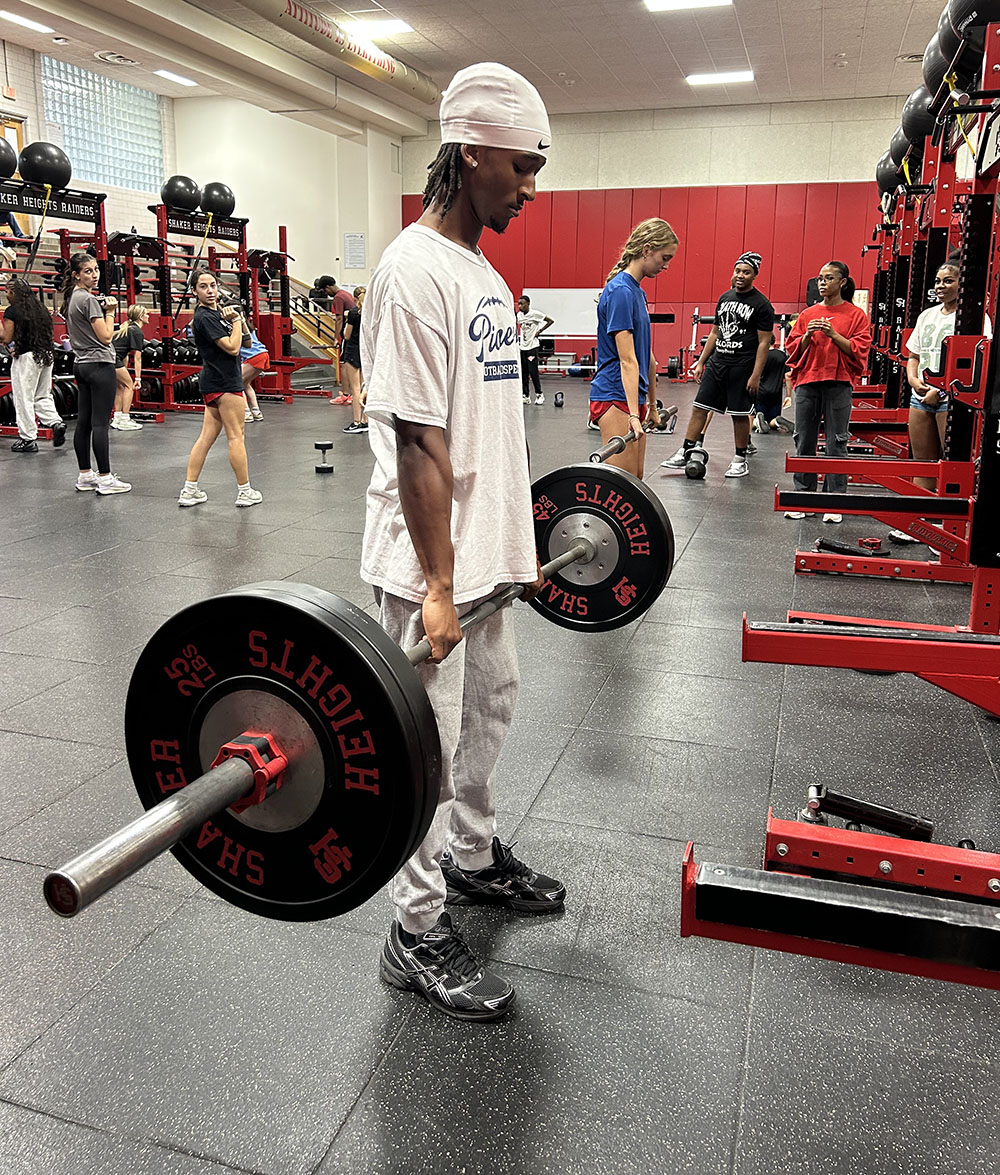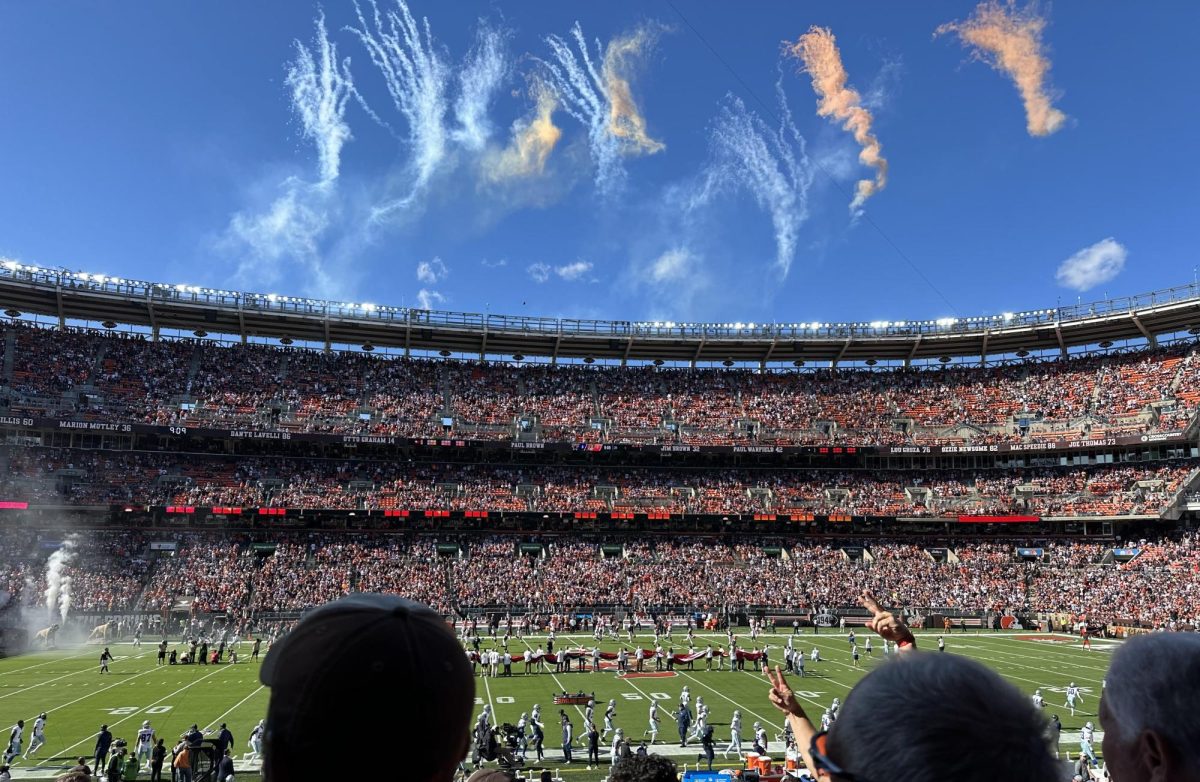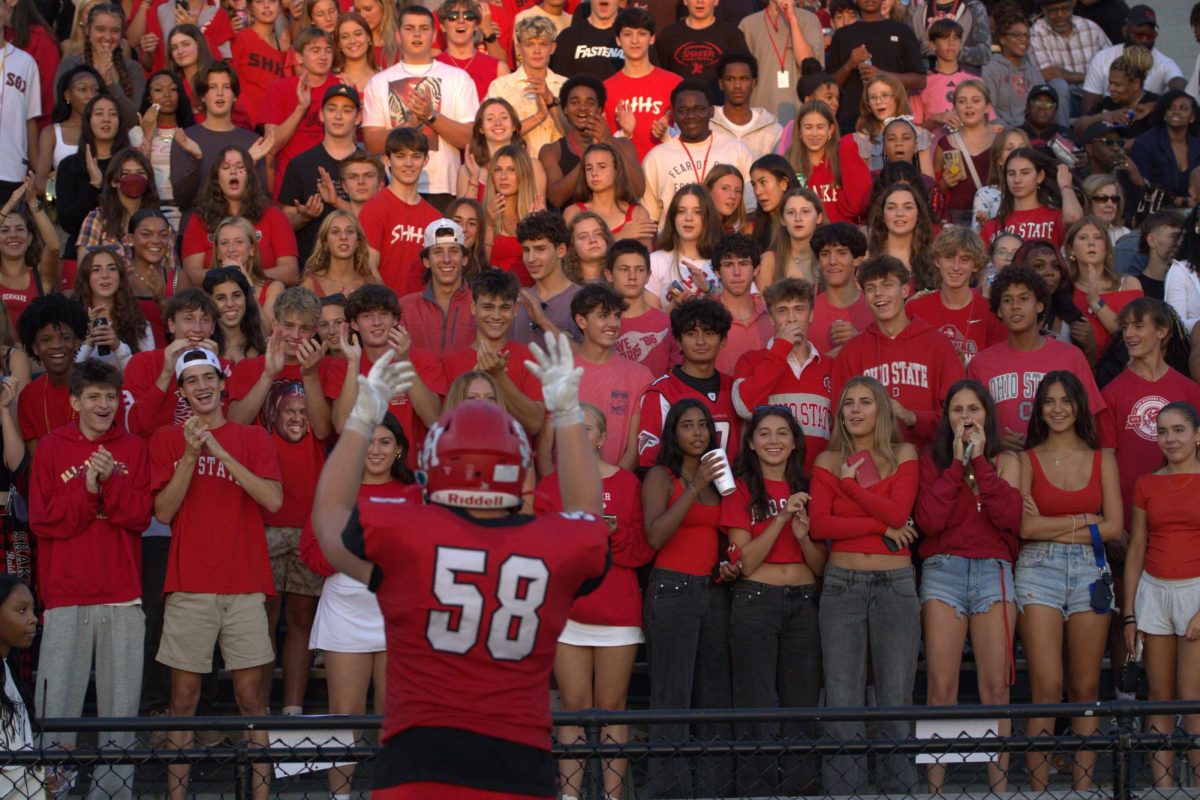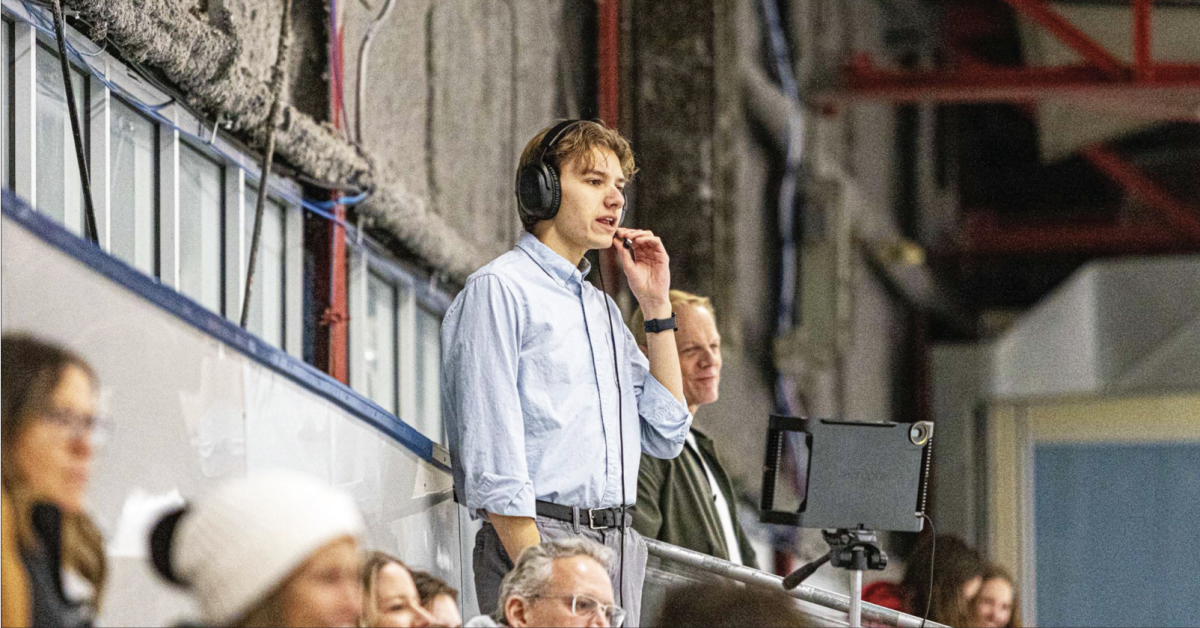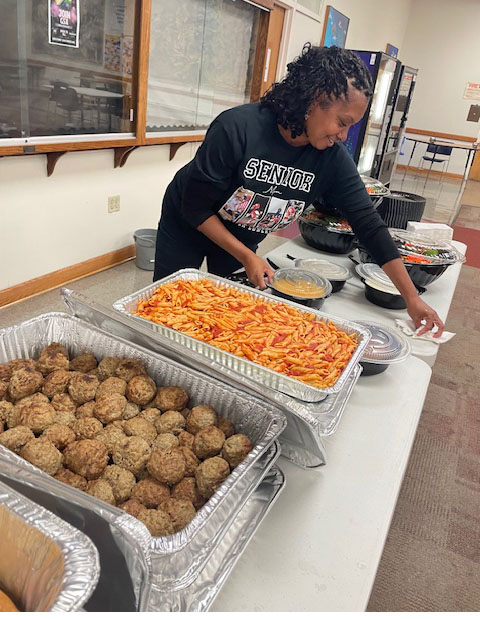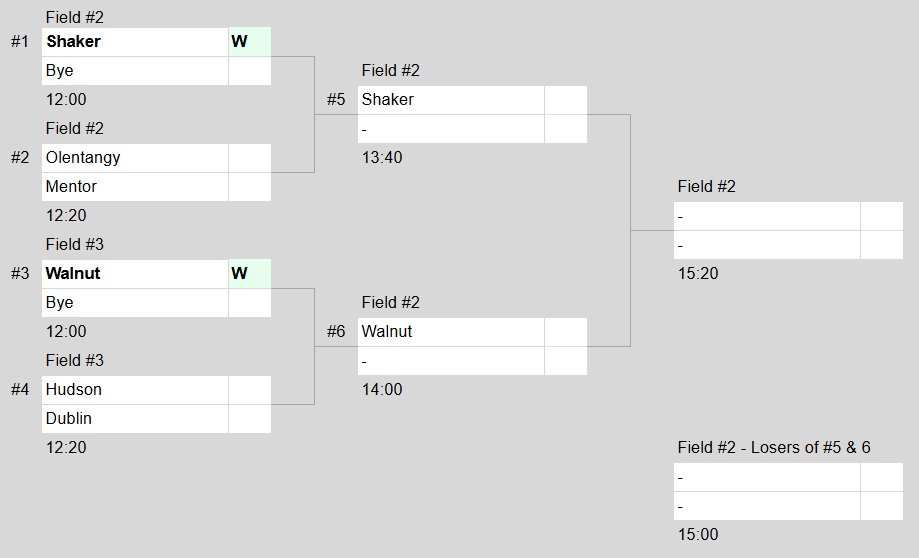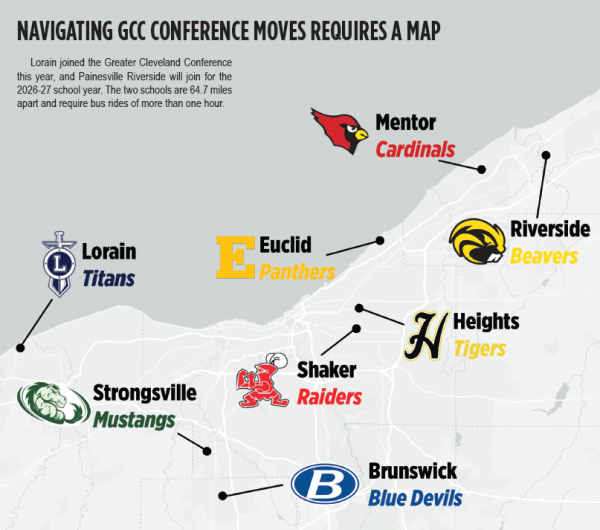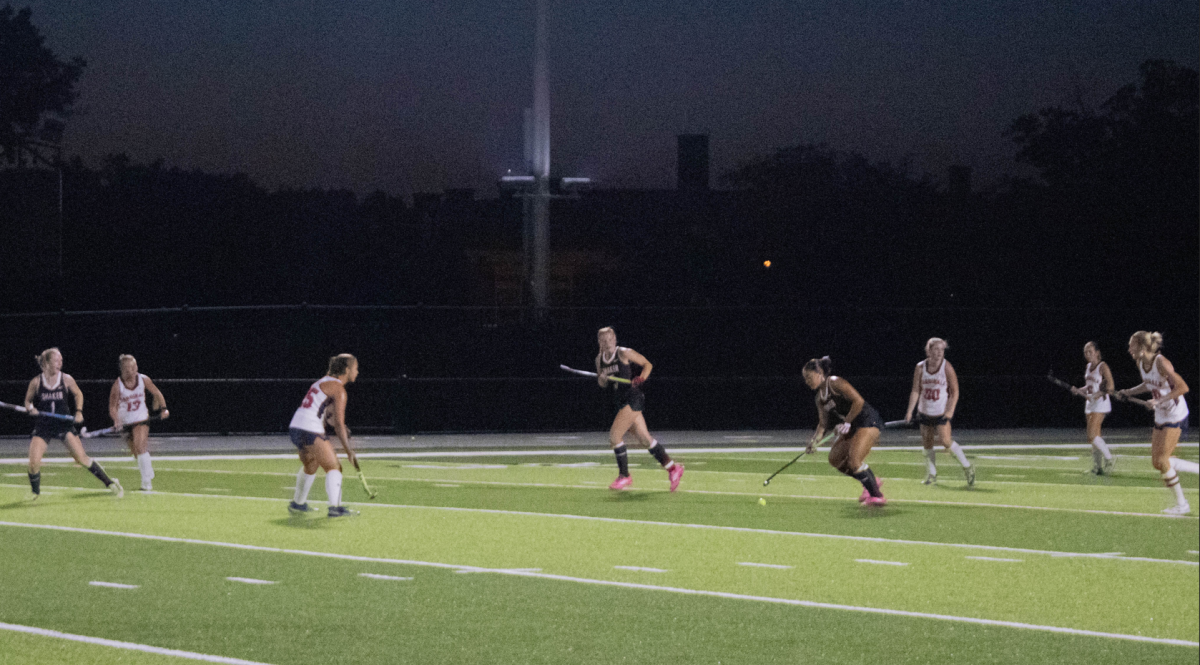Betting on individual player performances tarnishes the image and integrity of the world’s beloved sports leagues.
Anywhere at any time, a bettor can open DraftKings or FanDuel and place a bet. It is possible to bet on anything from which team will win a game to individual player props — bets on player statistics or outcomes.
While traditional money-line and spread betting remains common, prop betting has grown in popularity, accounting for as much as 30 percent of all wagers placed on NFL games. Money-line is betting on a win, loss or draw, and spread betting is essentially wagering on the betting industry’s prediction of the contest’s final score.
Instead of relying on a team effort to win a wager, relying on a specific player’s performance increasingly appeals to bettors.
After the U.S. Supreme Court struck down the federal ban on single-game wagering in 2018, online sports betting has exploded. Thirty states, including Ohio, have legalized online sports betting since Jan. 1, 2023. Before the emergence of online betting, bettors bet legally, through a bookmaker, or illegally, through privately run enterprises or individuals known as bookies. Sports betting has since become too easy to access.
The biggest risk to league integrity exists in the fact that everyone, even players, can place bets without facing a bookmaker – in secret, behind screens and using fake names.
Former Toronto Raptors forward Jontay Porter was banned from the NBA for faking injuries to sub himself out so that others could win prop bets they placed on him. Shaker graduate and Miami Heat guard Terry Rozier (’12) is under federal investigation for leaving a 2023 game in the first quarter with a foot injury; Rozier played for the Charlotte Hornets at the time.
The NBA is not the only league under threat. In the English Premier League, Newcastle midfielder Sandro Tonali served a 10-month ban for betting on four Newcastle matches. West Ham midfielder Lucas Paquetá is under investigation for intentionally seeking to receive yellow cards for betting purposes.
Athletes betting on or against their team is not new. Baseball legend Pete Rose was banned from the MLB in 1986 and is prohibited from entering the Hall of Fame for gambling on his own team.
While Rose claims he bet on his Cincinnati Reds to win, Porter removed himself from games so that wagers for underperforming performances would pay off. He corrupted the NBA’s integrity by not playing as hard as possible for his team.
League policies forbid betting, but the frequent scandals show that, despite the consequences, more are bound to emerge. No states ban professional league prop betting. Legislation must ban player-prop betting to preserve competitive integrity.
A version of this article appears in print on page 8 of Volume 95, Issue 4, published March 21, 2025.

